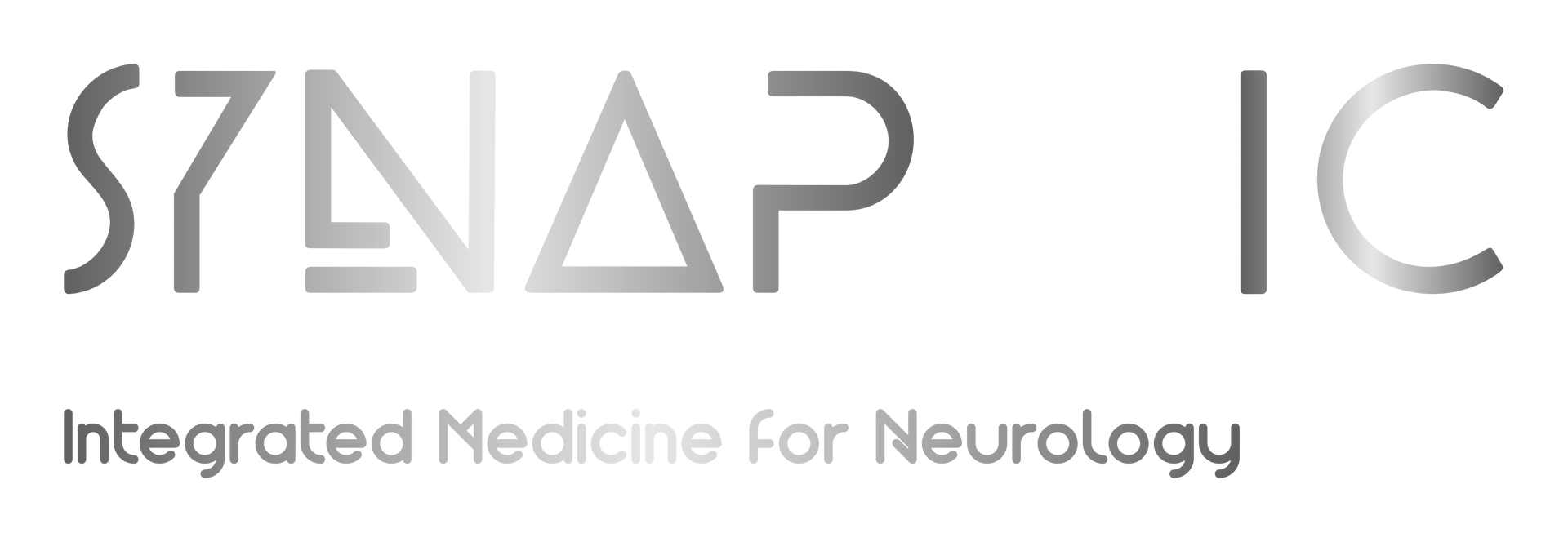
Movement Disorders (Parkinson’s Disease)
TREATMENT
Using ultra-fine Japanese acupuncture needles and various non-needle, electromagnetic stimulation techniques, our targeted neuromodulation therapy addresses key aspects of Parkinson’s disease. This treatment enhances neuroplasticity, reduces bradykinesia (slowness of movement), and diminishes tremors, optimizing motor function and improving the overall quality of life.
Why Effective:
- Enhanced Neuroplasticity: Promotes the brain's ability to adapt and form new connections, compensating for neural losses and supporting functional recovery.
- Reduced Bradykinesia: Improves speed and coordination of movements, addressing one of the most debilitating aspects of Parkinson's disease.
- Tremor Management: Reduces the frequency and severity of tremors, enhancing daily functionality and independence.
- Motor Function Optimization: Enhances overall motor skills, aiding in smoother and more controlled movements.
Using adaptogens and other beneficial herbs, our botanical medicine approach harnesses natural compounds to provide neuroprotection and improve motor function in Parkinson’s disease. These herbs are chosen for their potent effects in enhancing neurological health and motor control.
Why Effective:
- Neuroprotection: Harnesses herbal compounds that enhance brain function and protect neurons from the progressive degeneration typical in Parkinson’s disease.
- Anti-inflammatory Properties: Uses herbs known to reduce systemic and neurological inflammation, mitigating motor symptoms and disease progression.
- Neurotransmitter Balance: Employs herbal substances that modulate critical neurotransmitters such as dopamine, serotonin, and endorphins, crucial for improving motor control and reducing symptoms like bradykinesia and tremors.
Our neuropsychological assessments are specifically designed to address both cognitive challenges and motor function issues in Parkinson’s disease. These assessments are crucial for identifying the earliest changes in cognitive and motor skills, enabling proactive and personalized intervention strategies that can potentially reverse or significantly mitigate symptoms.
Why Effective:
- Groundbreaking Reversal Possibilities: Utilizes cutting-edge techniques to identify and address the underlying neurological issues, offering potential for reversing declines in motor and cognitive functions.
- Coping Strategies: Beyond coping, these personalized techniques aim to restore functionality and reduce dependency, enhancing mobility and daily life.
- Behavioral Changes: Focuses on adaptive and therapeutic lifestyle changes that have a transformative impact on managing Parkinson’s disease effectively.
- Motor Function Reclamation: Our interventions not only aim to manage but potentially reverse motor dysfunction, significantly improving mobility and daily activities.
- Cognitive Renewal: Strategies derived from neuropsychological assessments can lead to cognitive improvements, challenging the progression of Parkinson’s disease and enhancing mental clarity.
- Enhanced Quality of Life: With a focus on reversal and significant mitigation of symptoms, our integrated approach profoundly improves overall quality of life, promoting independence and active engagement.
- Innovative Adaptive Strategies: Empowers patients with groundbreaking methods that not only cope with but actively reverse and improve the symptoms of Parkinson’s disease, transforming patient care.



